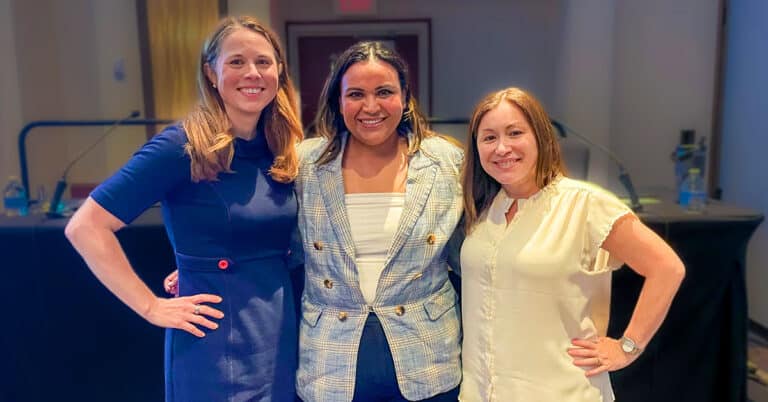In a personalized, competency-based learning environment, the purpose of assessment is no longer just to determine what learners know or don’t know. It’s not just about a letter grade. Students view assessments as a part of the learning process, meant to highlight their strengths and focus on what they still need to practice.
In a traditional system, students are given the same assessment at the same time. All the teaching and presumably the learning has taken place. Students typically wait until this time to ask, “What will be on the test?” “Can we have a study guide?” They may be more interested in how they score compared to others around them and if they “passed.” It may be difficult to engage students in discussion after an assessment, as the assessment is seen as final with no opportunity to improve.
But in a personalized learning environment, more emphasis is placed on formative checks for understanding, rather than waiting for the summative assessment to discover if learning has taken place. Assessment results should never be a surprise – learners should not feel the need to ask, “Have you graded it yet?” “How did I do?” They should have a clear sense of where they are in the learning process and whether they are ready to show their progress.
How is one district shifting the way they think about grading to focus on feedback and student agency?
Learn More »
In a personalized, competency-based classroom, student agency plays a vital role in the value and purpose of assessment. Learners:
- Practice evaluating their own work using rubrics, proficiency scales, etc.
- Collaborate with peers to push their learning forward, using strategies for peer editing and effective feedback
- Take ownership over their learning and don’t depend solely on the teacher to determine whether their ideas, answers, products, etc. are “good enough”
Assessments are no longer limited to tests made up of multiple choice, matching, short answer and essay questions that are given at set times. Formative checks can vary from one-on-one conferencing between the teacher and student to performance-based tasks initiated by the students. They occur when the student feels ready and can be undertaken as often as needed to master the knowledge or skill.
Because it’s not about the grade. It’s about the process.
Learn how a mastery-based transcript meets the needs of future-focused teaching and learning and how we can implement it.





